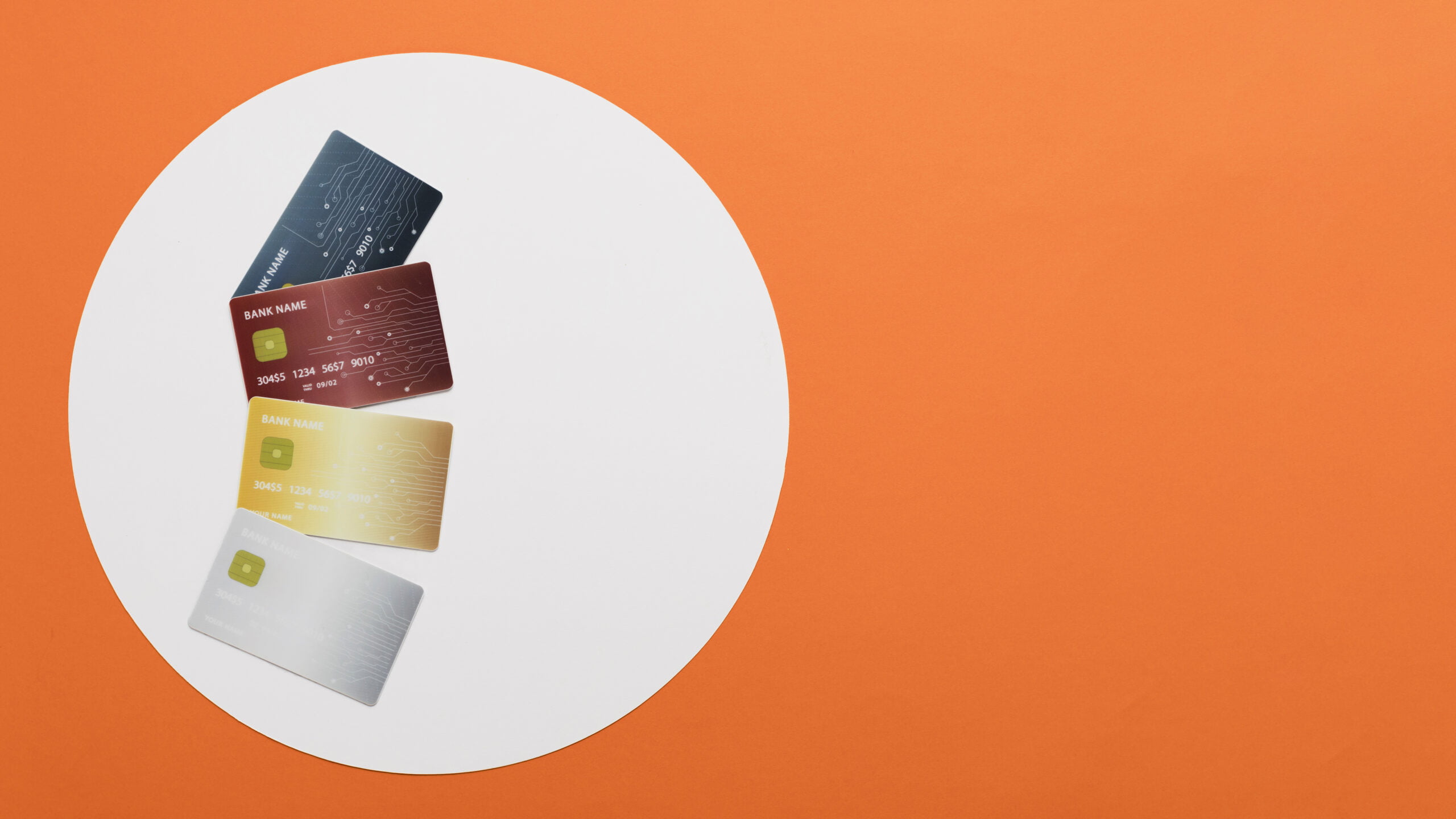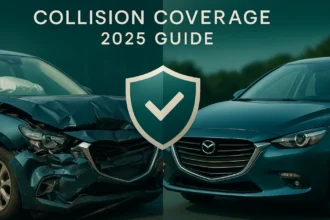Introduction
Whether it’s better to use a credit card vs travel card overseas depends on your individual circumstances, preferences, and the specific features of the cards you have access to. Here are some factors to consider when deciding between the two:
- Foreign Transaction Fees
Credit Card: Credit cards may have foreign transaction fees, which can add up quickly. These fees are typically a percentage of each transaction you make abroad.
Travel Money Card: Travel money cards are often designed to minimize foreign transaction fees. They can be preloaded with foreign currency, allowing you to avoid these fees.
- Exchange Rates
Credit Card: Credit cards generally offer competitive exchange rates, often close to the interbank rates. However, be cautious of dynamic currency conversion (DCC), where you’re given the option to pay in your home currency at the point of sale, as this can result in unfavorable exchange rates.
Travel Money Card: Travel money cards lock in the exchange rate when you load money onto them, which can be an advantage if you’re concerned about exchange rate fluctuations. However, the initial exchange rate might not be as favorable as the interbank rate.
- Security
Credit Card: Credit cards typically offer robust fraud protection, and you can dispute unauthorized charges.

Travel Money Card: Travel money cards are preloaded with a set amount of money, reducing the risk of overspending or having your entire bank account compromised if the card is lost or stolen.
- Acceptance
Credit Card: Credit cards are widely accepted around the world. Visa and Mastercard are usually the most widely accepted card networks.
Travel Money Card: Acceptance of travel money cards can vary depending on the card provider and the destination. It may not be as universally accepted as credit cards.
- Budgeting
Credit Card: Credit cards offer a revolving line of credit, which can make it easy to overspend if you’re not careful. You’ll need to manage your spending to avoid accumulating debt.
Travel Money Card: With a travel money card, you can load a specific amount of money onto the card, helping you stick to a budget.
- ATM Withdrawals
Credit Card: Using a credit card for ATM withdrawals overseas can incur high cash advance fees and interest charges.
Travel Money Card: Travel money cards often have lower or no ATM withdrawal fees, making them a better option for obtaining local currency.
- Rewards and Benefits
Credit Card: Some credit cards offer rewards, such as cashback or travel miles, which can be advantageous if you use the card strategically.
READ ALSO: Best Rewards Credit Cards for 2023: Maximizing Benefits and Savings
Credit Card vs Travel Card frequently asked questions
Here’s a frequently asked question related to using a credit card or a travel money card overseas:
Should I use a credit card or a travel money card when traveling abroad?
Answer:
The choice between a credit card and a travel money card when traveling overseas depends on your individual preferences and needs. Here are some factors to consider:
Credit Card:
Pros: Credit cards are widely accepted internationally and offer convenience. They often provide competitive exchange rates close to the interbank rates. Some credit cards offer rewards, such as cashback or travel miles, which can be advantageous if used strategically. They also provide robust fraud protection.
Cons: Credit cards may have foreign transaction fees, cash advance fees for ATM withdrawals, and interest charges if you carry a balance. Dynamic currency conversion (DCC) can lead to unfavorable exchange rates if chosen at the point of sale.
Travel Money Card
Pros: Travel money cards can help you budget by preloading a specific amount of foreign currency. They typically have lower or no foreign transaction fees and may offer competitive exchange rates. They reduce the risk of overspending or having your entire bank account compromised if lost or stolen.
Cons: Travel money cards may have initial fees for card issuance and reloading. They may not be as universally accepted as credit cards, and it can be challenging to use them for certain transactions, such as renting a car or reserving hotel rooms.
Ultimately, the choice depends on your spending habits, preferences, and the specific terms and fees associated with the cards you have. It can be helpful to have a mix of payment methods when traveling, such as both a credit card and a travel money card, to provide flexibility and security based on your needs and the destination you’re visiting. Before traveling, it’s essential to compare the features and costs of your available card options to make an informed decision
Travel Money Card: Travel money cards typically do not offer rewards.
In summary, the choice between a credit card and a travel money card depends on your priorities. Credit cards can offer convenience and good exchange rates but may have fees. Travel money cards can help you budget and may have lower fees but might not be as widely accepted. It’s essential to compare the specific terms and fees associated with the cards you have and consider your spending habits and travel plans when making a decision. Additionally, having a mix of payment methods (e.g., both a credit card and a travel money card) can provide flexibility and security while traveling.
In other article, Credit Building for Beginners: A Comprehensive Guide





